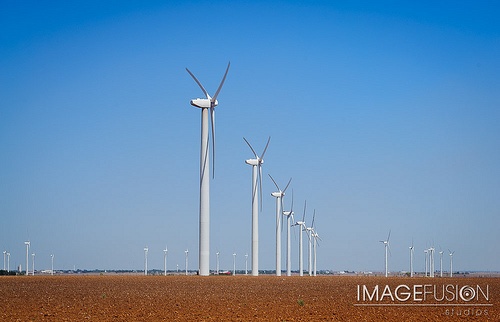We have much more to do and your continued support is needed now more than ever.
Stand Up and Fight! Five Good Reasons Why Coal Export is a National Issue
It’s time to tackle coal export nationwide! While the first battles are being fought in the West, coal export is a national issue worth paying attention to. Here are five reasons why.
1. If not the West, coal companies will go elsewhere
While the coal export market is definitely complex and difficult to understand, there is one part that is relatively straightforward: if the supply of coal export pathways in the West is too costly, coal companies will take their demand for these pathways elsewhere. Coal companies are already exploring their options in Mexico and the U.S. Gulf Coast:
“The West Coast is geographically better located than the Gulf coast for exports to Asia, but it has encountered stiff opposition by the environmental groups for port expansions. As a result, coal companies are forced to use the Gulf coast for export activities.” [Kinder Morgan Energy Partners] has been proactive in developing coal handling facilities and terminals in the Gulf coast. – Forbes Magazine, Trefis Team
No matter where the coal companies try to take their exports, the harmful impacts will follow. This leads me to #2.
2. We know the legacy and reality of coal mining—it’s bad for people, wildlife and the environment
Tens of thousands flocked to the U.S. coal industry in the 19th and 20th century and thousands remain in the industry today. Nearly two hundred years of intense coal mining has left a legacy most are familiar with:
- Significant health risks including cancer and respiratory disease
- The growing idea that the health risks of coal mining outweigh the economic benefits
- Fish and wildlife habitat destroyed by mountain-top removal and strip mining
- Birds, fish, animals, and humans poisoned by long-term exposure to mercury contamination
Since we are now aware of the many risks of coal mining and burning, I’d like to fight it wherever it tries to go and leave a new coal legacy to my future children. This leads me to #3.

3. Stopping the export of U.S. coal is the latest fight in a wider effort to reduce fossil fuel consumption and increase the use of alternative and renewable energies.
Efforts to reduce fossil fuel consumption include driving less, conserving energy, and reducing consumption of goods and services. Efforts to reduce fossil fuel consumption also include campaigns to stop tar sands and the Keystone XL pipeline, natural gas fracking, and oil shale. A wealth of alternative and renewable energies that safeguard people and wildlife are available. Stopping the export of U.S. coal is simply the latest in a long list of ways we can work to reduce fossil fuel consumption and increase the use of alternative and renewable energies, which leads to #4.

4. It’s our responsibility as a nation to address the fossil fuel emissions that have gotten us into the climate change mess in the first place.
The U.S.’s significant historic and current emissions of carbon dioxide and other greenhouse gases, largely from fossil fuels, have gotten us into the climate change mess we are in. As a long-time global economic leader and industrial innovator, the United States is both well-equipped and ethically responsible for showing leadership and innovation to reduce fossil fuel consumption and tackle climate change. And this brings me to #5.
5. We should not risk our health and the wild places we cherish to support exports that will only return mercury and greenhouse gas emissions to our communities.
We don’t need the contaminated food, water, and air that more coal exports will bring. Instead, we should fight the coal export battle, as well as other dirty energy battles. At the same time, we should export the alternative and renewable energies that will help put the globe on a healthy track to a sustainable tomorrow.
For all these reasons, it’s time to stand up and fight!
Keep track of our efforts to stop coal export in its tracks: like us on our regional and Power Past Coal Coalition Facebook pages, and follow us on Twitter.





















